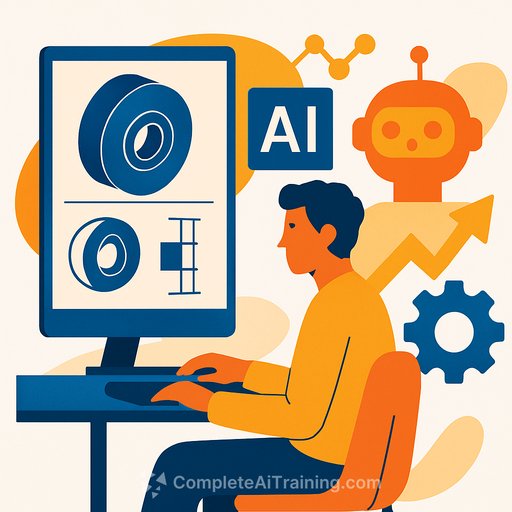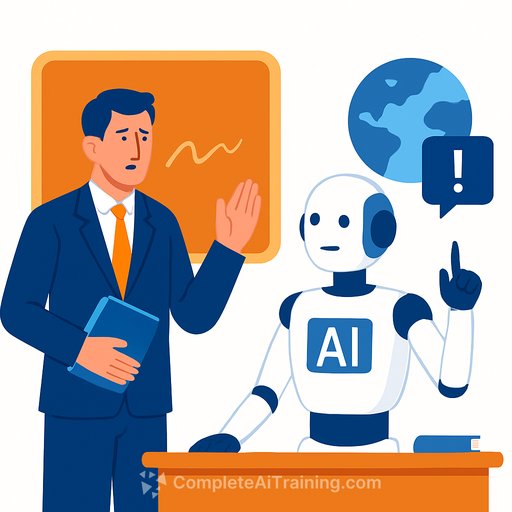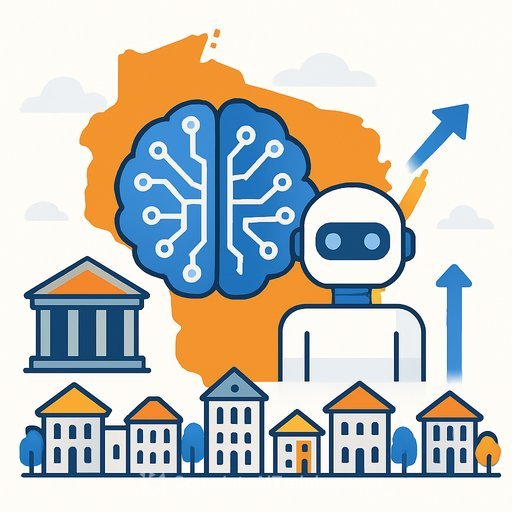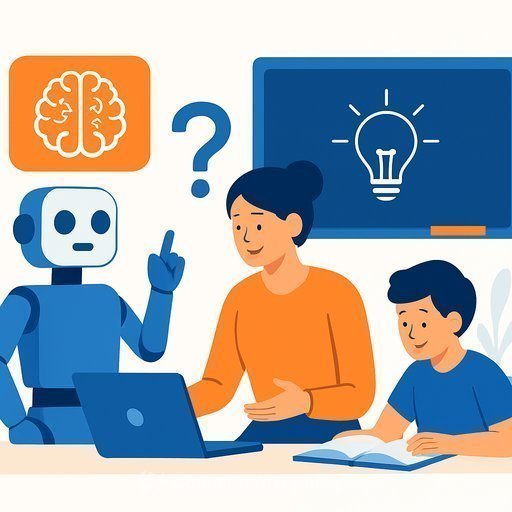Mechanical Engineering Course Integrates AI and Machine Learning into Practical Design
Publication Date: September 7, 2025
Artificial intelligence and machine learning are transforming mechanical engineering by enabling faster, more accurate designs and simulations. These technologies improve efficiency, cut development costs through automation, and enhance predictive maintenance and quality control.
Faez Ahmed, Doherty Chair in Ocean Utilization and associate professor of mechanical engineering at MIT, emphasizes that mechanical engineering extends far beyond traditional tools and hardware. "Within mechanical engineering, machine learning, AI, and optimization are playing a big role," he explains.
Course Overview: AI and Machine Learning for Engineering Design
Ahmed teaches a course, 2.155/156, that applies AI and machine learning methods directly to mechanical engineering design challenges. Students learn to create new products and solve real-world engineering problems using these advanced tools.
Lyle Regenwetter, a PhD candidate and teaching assistant, highlights the course’s focus: "There’s a lot of reason for mechanical engineers to think about machine learning and AI to essentially expedite the design process."
Since its launch in 2021, this course has become one of MIT’s Department of Mechanical Engineering's most popular electives. It draws students from multiple disciplines including mechanical, civil and environmental engineering, aeronautics, management, nuclear science, computer science, and even cross-registrants from Harvard University.
Hands-On Challenges and Collaborative Projects
The class combines theory with practice. Students tackle design problems ranging from bike frames to city grids through contests that encourage friendly competition. Each challenge starts with starter code that provides a baseline solution, but students strive to improve upon it.
"Our task was to figure out how to do better," says graduate student Ilan Moyer. Live leaderboards keep participants motivated to refine their approaches continuously. For Em Lauber, a system design and management graduate student, the process was valuable for applying learning and practicing coding skills.
The coursework includes discussions on current research papers and hands-on machine learning exercises related to robotics, aircraft, structures, and metamaterials. The final project is a team effort where students apply AI techniques to a complex design problem they choose.
Outcomes and Recognition
Ahmed notes the diversity and quality of student projects, many of which lead to research papers and awards. For instance, a project titled “GenCAD-Self-Repairing” won the 2025 Best Paper Award from the American Society of Mechanical Engineers Systems Engineering, Information and Knowledge Management division.
Graduate student Malia Smith found her final project especially rewarding. She worked on predicting ground forces for runners using motion capture data, achieving results that exceeded expectations.
Other projects include Lauber’s modular “cat tree” design customized for individual households and Moyer’s innovative software for new 3D printer architectures.
"Machine learning often seems abstract in popular culture," says Moyer. "This class opened the curtains and showed us how it actually works in engineering."
Conclusion
This course offers mechanical engineering students a practical, immersive experience with AI and machine learning, preparing them to apply these tools in real-world design challenges. It highlights the expanding role of AI in engineering education and research, equipping students with skills that extend beyond traditional engineering practices.
For educators interested in integrating AI into engineering curricula or exploring similar training opportunities, resources on advanced AI courses and certifications are available at Complete AI Training.
Your membership also unlocks:





